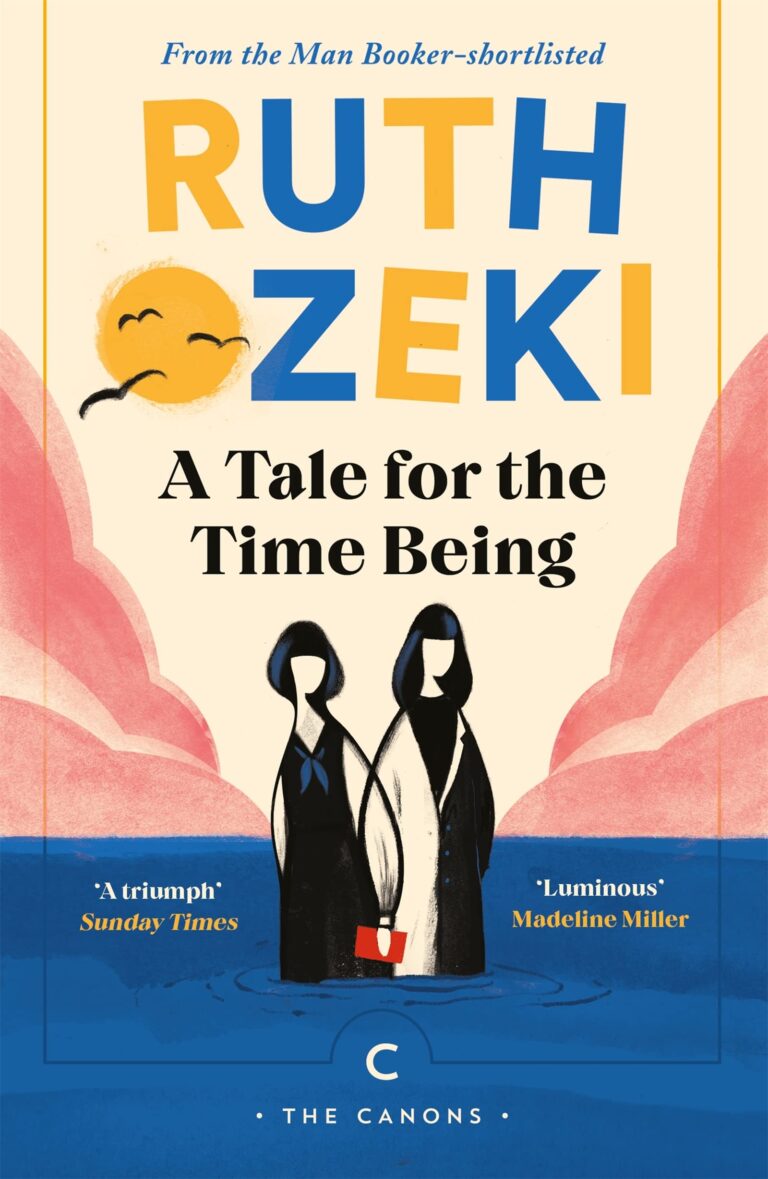Ruth Ozeki is a novelist, filmmaker, and Zen Buddhist priest, whose books have garnered international acclaim for their ability to integrate issues of science, technology, religion, environmental politics, and global pop culture into unique, hybrid, narrative forms.
Her new novel, The Book of Form and Emptiness, published by Viking, tells the story of a young boy who, after the death of his father, starts to hear voices and finds solace in the companionship of his very own book.
Her novels, My Year of Meats, All Over Creation, A Tale for the Time Being and The Book of Form and Emptiness have been translated and published in over thirty countries. Her third novel, A Tale for the Time Being, won the LA Times Book Prize, and was shortlisted for the Man Booker Prize and the National Book Critics Circle Award. The Book of Form and Emptiness is the winner of the 2022 Women’s Prize for Fiction as well as the 22nd Annual Massachusetts Book Award, the BC Yukon Book Prize, and the Julia Ward Howe Prize for Fiction.
Her work of personal non-fiction, The Face: A Time Code, was published by Restless Books as part of their groundbreaking series called The Face.
Ruth’s documentary and dramatic independent films, including Halving the Bones, have been shown on PBS, at the Sundance Film Festival, and at colleges and universities across the country.
A longtime Buddhist practitioner, Ruth was ordained in 2010 and is affiliated with the Brooklyn Zen Center and the Everyday Zen Foundation.
She is now Professor Emerita of English Language & Literature at Smith College, where she was the Grace Jarcho Ross 1933 Professor of Humanities. A dual citizen of Canada and the United States, she divides her time between Western Massachusetts, New York City, and British Columbia, Canada.

Ruth Ozeki is bent on taking the novel into corners of American culture no one else has thought to look—but where she finds us in all our transcultural and technological weirdness.
Michael Pollan, author of The Omnivore’s Dilemma



